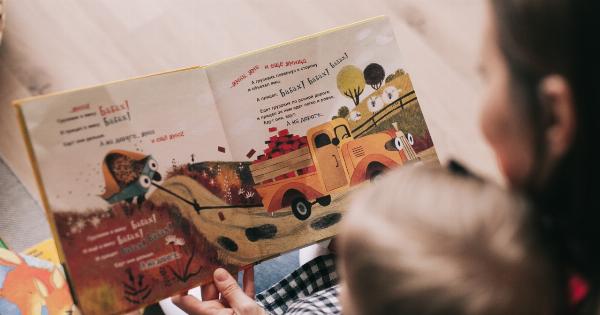Memory is a remarkable cognitive process that enables us to retain and recall information. It allows us to remember experiences, learn new skills, and make sense of the world around us.
While memory is often associated with the ability to remember names, faces, and events, its functions go far beyond mere recollection. In fact, memory serves us in many unexpected ways, playing a crucial role in shaping our identities, influencing our decision-making, and even defining our sense of self.
In this article, we explore the fascinating ways in which memory functions to keep us going.
1. Forming Personal Identity
One of the fundamental ways in which memory functions is by contributing to our personal identity. Our memories help us construct a narrative of our lives, shaping our sense of who we are and where we come from.
By recalling personal experiences, relationships, and achievements, we establish an understanding of our own identity and develop a coherent sense of self.
2. Guiding Decision-Making
Memory also plays a critical role in guiding our decision-making processes. Our ability to remember past events and their outcomes allows us to draw upon past experiences when faced with similar situations in the present.
These memories serve as a guide, helping us make informed choices based on previous knowledge and avoiding repeating past mistakes. Without memory, decision-making would be greatly impaired, as we would constantly be faced with the same challenges without the ability to learn from past experiences.
3. Facilitating Learning and Skill Acquisition
Memory is essential for learning and skill acquisition. When we learn something new, whether it is a new language, a musical instrument, or a complex concept, our memory plays a crucial role in storing and retrieving that information.
As we practice and reinforce what we have learned, our memory strengthens these neural connections, making the information more readily accessible in the future. Without memory, the process of learning and retaining new knowledge would be nearly impossible.
4. Preserving Cultural Heritage
Memory also serves as a means of preserving cultural heritage and passing it on to future generations. Through storytelling, traditions, and collective memories, we keep alive the knowledge, experiences, and customs of our ancestors.
These shared memories not only connect us to our roots but also shape our understanding of the world and our place within it. Without memory, cultures would lose their sense of history, traditions, and collective identity.
5. Emotion and Memory
Emotions play a significant role in memory formation and recall. The emotional significance of an event often enhances the encoding and storage of memories.
Emotional experiences, whether positive or negative, tend to be better remembered than neutral ones. This connection between emotion and memory helps us navigate the world by recalling previous emotional experiences and using them as a guide for future interactions.
Our memory of past emotions influences our decision-making, behavior, and the way we perceive and interpret the world.
6. Fostering Social Connections
Memory is vital for building and maintaining social connections. Remembering personal details about friends, family members, and colleagues helps us deepen our relationships with others.
By recalling shared experiences and personal histories, we strengthen the bonds we have with those around us. Additionally, our collective memories serve as a foundation for shared cultural experiences, allowing us to connect with others who have similar backgrounds or interests.
7. Adaptive Function of Memory
Our memory system has a remarkable adaptive function, allowing us to learn from past experiences and adapt our behavior accordingly. For example, remembering the taste of spoiled food helps us avoid eating it again in the future.
Similarly, recalling a painful experience enables us to avoid situations that may lead to harm or discomfort. Memory enables us to adapt to our environment, make informed decisions, and avoid potential dangers.
8. Psychological Well-being
Memory plays a crucial role in our psychological well-being. Memories of happy experiences, achievements, and positive relationships can boost our mood, increase self-esteem, and provide a sense of fulfillment.
On the other hand, memory loss or the inability to recall positive memories can have a negative impact on mental health and contribute to conditions such as depression or anxiety. Memory acts as a repository of positive experiences, serving as a mental resource that we can draw upon in challenging times.
9. Anticipation and Future Planning
Memory not only helps us remember past events but also plays a vital role in anticipation and future planning. By drawing upon past experiences and projecting them onto the future, memory allows us to anticipate potential outcomes and plan accordingly.
This ability to mentally simulate future scenarios based on past experiences is crucial for setting and achieving goals, making long-term plans, and preparing ourselves for various eventualities.
10. Identity in Memory Loss
Lastly, memory loss and neurodegenerative disorders remind us of the close link between memory and personal identity.
When memory is impaired or lost, individuals may struggle to recall important life events, recognize loved ones, or even remember fundamental aspects of themselves. Memory loss not only affects cognitive functioning but also disrupts a person’s sense of self.
In such cases, memory deficits can be profoundly challenging, highlighting the crucial role memory plays in defining who we are and how we engage with the world.





























